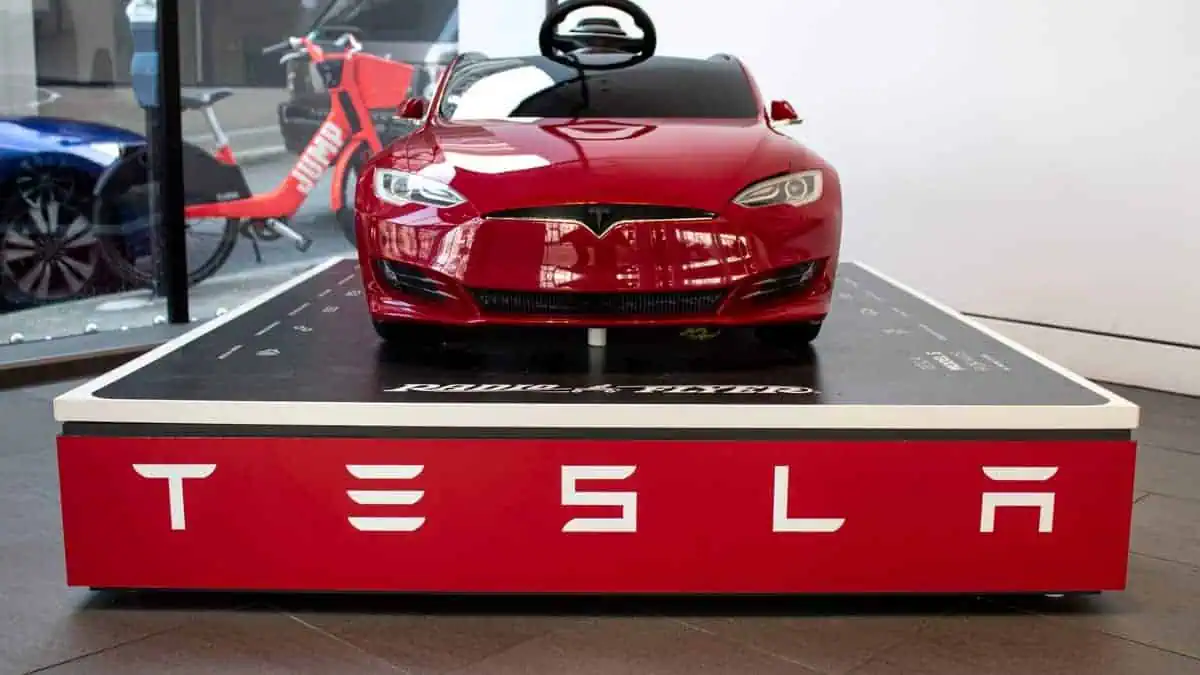The United Kingdom enjoyed massive growth in its electric vehicle production by 71.7% to 170,231 units in the first half of 2023. Remarkably, it also set a new high in overall vehicle production in the region since 2021, as the Society of Motor Manufacturers and Traders (SMMT) noted.
This significant growth is indeed remarkable, given how the region overcame the global issue in semiconductor supply since the COVID-19 pandemic.
The UK’s EV production sector has the potential to expand further as JLR owner Tata has recently announced plans to erect its new gigafactory in the region.
The UK aims to dominate the global EV market as it expects it to have a valuation of £106bn to its economy by the end of the decade.
EV production to hit 1 million units by 2028
SMMT’s data indicated that UK’s overall vehicle production grew 11.7% to 450,168 units in the first six months of the year. It reported a notable growth of 16.2% in June alone, signifying the fifth successive month of increase.
As for EV production, it now accounts for a remarkable 37.8% of all UK-built cars. It even hit a new high of 170,231 units in H1 2023, including battery, hybrid, and plug-in hybrid vehicles.
These significant growths demonstrate that its zero-emission vehicle standards effectively promote green mobility. For context, UK automakers must pay £15,000 fines per vehicle if they fail to have zero-emission vehicles hit 22% in the overall volume.
Experts forecast EV production in the UK to hit 860,000 units in 2023, indicating a year-on-year growth of 10.9%. They also suggest it will hit approximately one million units by 2028.
All that said, the challenge would be for the UK to sustain this upward trend in the quarters to come.
“UK car manufacturing is growing again, with production – especially of electrified models – increasing and major investment announcements making headlines. This is testament to the resilience of the sector and its undoubted strengths – a skilled and productive workforce, world-class R&D, and efficient, productive plants.
But we must build on this momentum, sustain growth, and attract further investments with a strategy that focuses on competitiveness, and which strengthens the UK’s unique automotive offering.”
SMMT CEO Mike Hawes
SMMT calls for “free and fair” global trade
The UK automotive industry currently exports 8 in every 10 vehicles it produces. That said, promoting a “free and fair: global trade would significantly boost the economies of the involved countries, particularly in their EV sector.
For context, the UK’s current top export market is the European Union, which accounts for 59.5% of its overall vehicle deliveries. Likewise, the EU is also the country’s primary source of imported cars.
The US, China, Japan, and Australia are also among the top export market of the UK, completing the top five rankings after the EU. Meanwhile, Turkey, South Korea, Canada, the UAE, and Mexico claimed the 6th to 10th positions, respectively.
Considering the looming imposition of origin standards for EVs and critical parts, the SMMT calls for the reinforcement of the bilateral trading relationship between the UK and the EU.
It must also be noted that some of these markets, along with the UK, are under the Comprehensive and Progressive Agreement for Trans-Pacific Partnership (CPTPP), which will solidify export prospects for UK automakers.
See Also:
- JLR owner TATA Motors to erect its new electric vehicle battery factory in the UK
- UK: Best Home EV chargers in 2023
- UK: Plug-in cars record hit 44,470 sales and 25% market share in June 2023
- Tesla addresses inconvenience of left-hand drive models in the UK with ‘The Reacher’
- UK: Battery electric vehicles held 16.9% of the UK auto market in May
The wide adoption of electric vehicles is continuously progressing in numerous global markets. That said, governments worldwide must cooperate in facilitating the technology’s rapid takeover of the roads against polluting internal combustion engine-powered cars.






